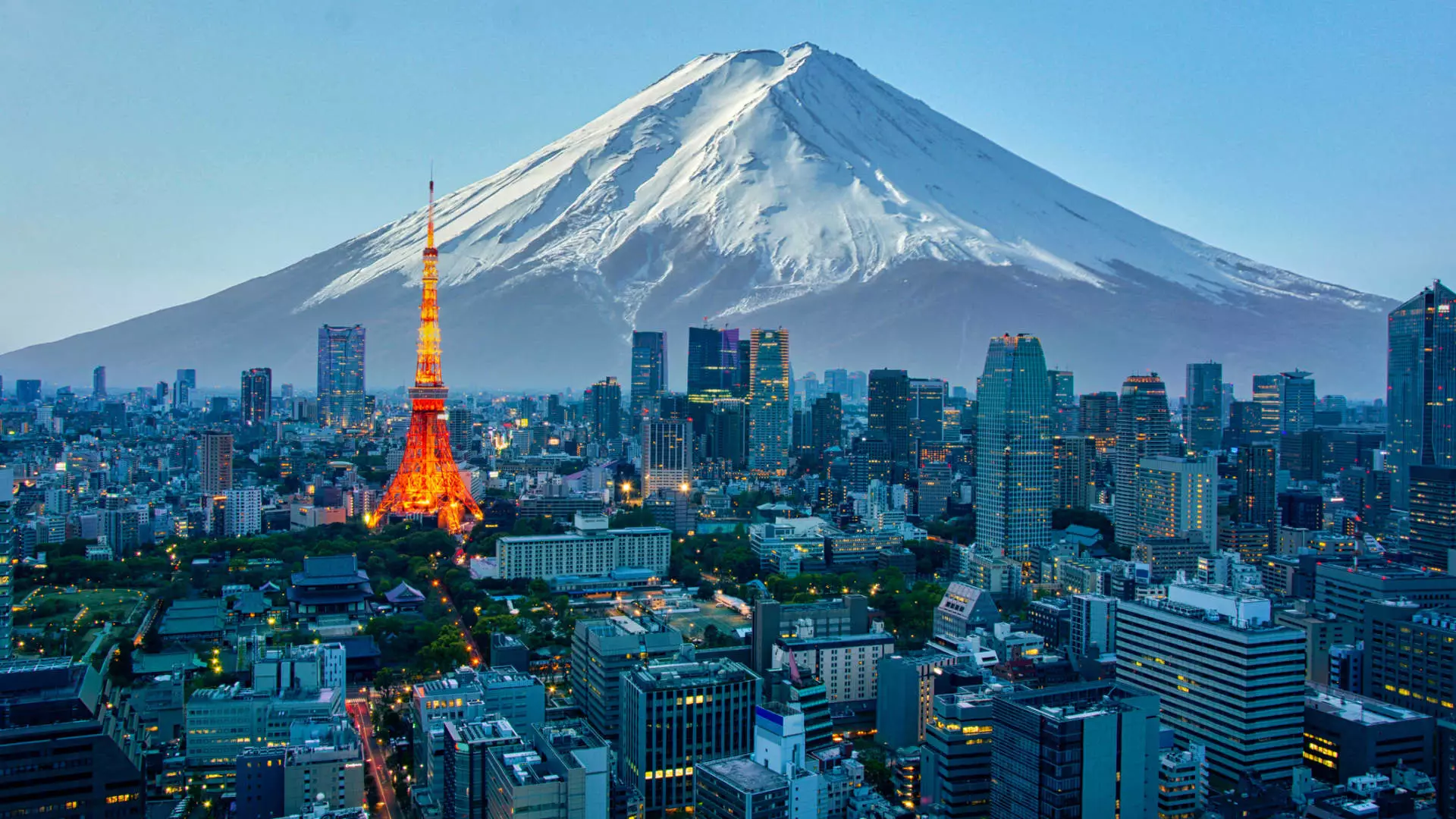In an era where mobility and flexibility dominate the professional landscape, the concept of blending work with leisure—popularly known as “workcation”—has transitioned from a niche trend to a global norm. The latest 2025 report by the International Workplace Group (IWG) underscores this shift, highlighting Tokyo as the ultimate destination for hybrid workers seeking an optimal environment that balances productivity with exploration. This accolade is not accidental; it results from a complex interplay of technological, cultural, and infrastructural factors that collectively elevate Tokyo’s appeal. As more companies embrace flexible working arrangements and the proliferation of cloud technologies dissolves geographical barriers, workers are increasingly empowered to redefine the boundaries of their professional and personal lives.
Tokyo’s Unmatched Appeal for Hybrid Work
What truly elevates Tokyo to the top is its seamless integration of advanced infrastructure and vibrant cultural life. The city offers lightning-fast broadband and reliable transportation networks, ensuring that remote work remains uninterrupted—an essential criterion for today’s digital nomads. Beyond technological prowess, Tokyo’s safety, cleanliness, and cultural richness make it a compelling destination. The availability of a new digital nomad visa further cements its commitment to attracting international talent, simplifying legal residence and work permissions that historically posed barriers elsewhere. Coupled with its proximity to natural retreats—mountains, coastal regions, and parks—Tokyo presents a uniquely well-rounded experience. Workers can immerse themselves in Japan’s rich traditions and modern innovations, striking a perfect balance that bolsters well-being and creativity.
Redefining U.S. and European Urban Powerhouses
While Tokyo claims the top spot, other established global hubs like Paris, Rome, and newly rising players like Seoul enrich the list of top workcation cities. Seoul, with its ultra-efficient internet and progressive digital nomad policies, exemplifies how targeted infrastructure investments and legal frameworks support this lifestyle. European cities such as Barcelona and Lisbon, though slightly falling in ranks, continue to resonate with cultural vibrancy and livability, reinforcing their status among hybrid workers. Interestingly, the report indicates a shift away from traditionally popular destinations toward cities that combine affordability, access to nature, and digital infrastructure. This evolution signals a strategic reshaping of urban desirability—where quality of life, connectivity, and natural landscapes are paramount.
The Broader Implications of the Workcation Trend
The implications extend beyond individual preferences. Companies increasingly recognize the benefits of supporting remote work—namely, enhanced productivity, employee satisfaction, and reduced burnout. The surge in flexible workspace availability in these top cities is a testament to this, with 86% of hybrid workers citing it as a decisive factor in their destination choice. Governments and cities that adapt by providing digital visas and investing in sustainability are positioning themselves as future-ready ecosystems that can attract global talent. The increasing prominence of natural surroundings and access to parks and beaches signifies a societal shift toward valuing mental health and quality of life, which have become as crucial as professional growth.
Visioning the Future of Work and Travel
Looking ahead, Tokyo’s leading position hints at a long-term transformation where urban innovation and natural harmony coalesce to redefine the work environment. The idea that work cities should also serve as hubs of recreation and rejuvenation is gaining momentum, creating new paradigms for how we perceive productivity and leisure. As corporate policies evolve to accommodate more flexible working arrangements, the significance of local infrastructure, cultural alignment, and government support will only intensify. For workers craving both challenge and serenity, destinations like Tokyo are ideal—they embody the future of work where no longer are professional pursuits confined within sterile office walls but instead flourish amidst the rich tapestry of urban and natural landscapes.
Gone are the days of static workplaces; we are witnessing a renaissance of spatial freedom, where cities like Tokyo serve as exemplars of how integrating technology, culture, and nature can craft inspiring environments for today’s hybrid workforce. This shift promises not only to transform individual careers but also to reshape the economic and cultural fabric of global cities, heralding a new era where work and life are no longer competing interests but collaborative elements of a fulfilling lifestyle.

